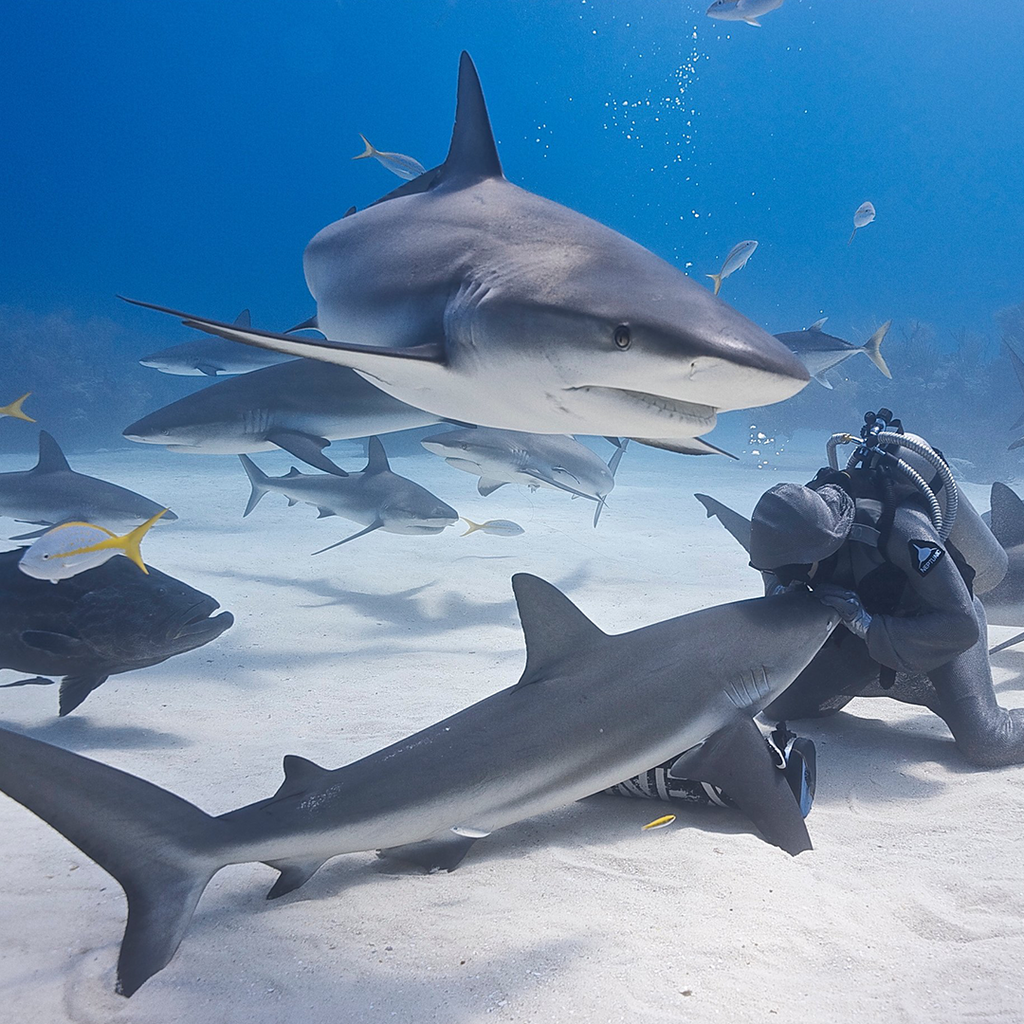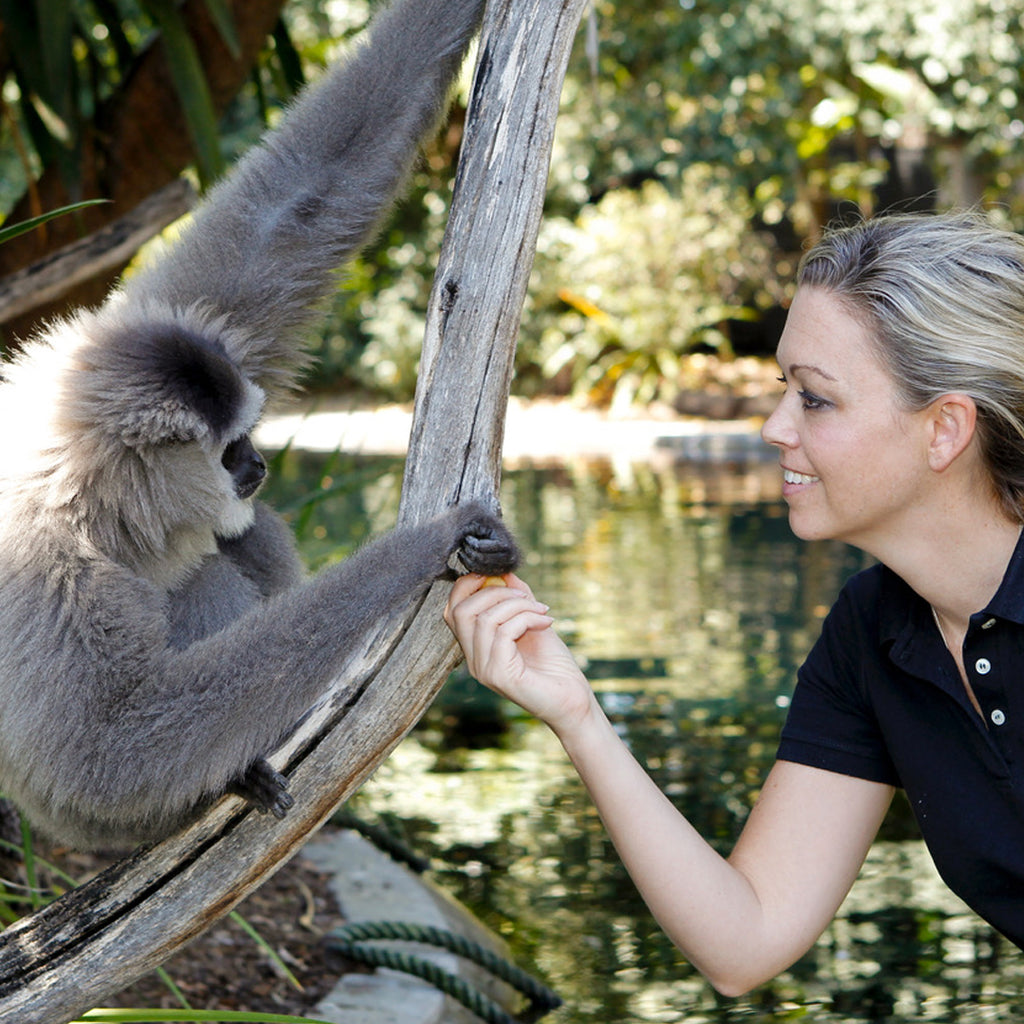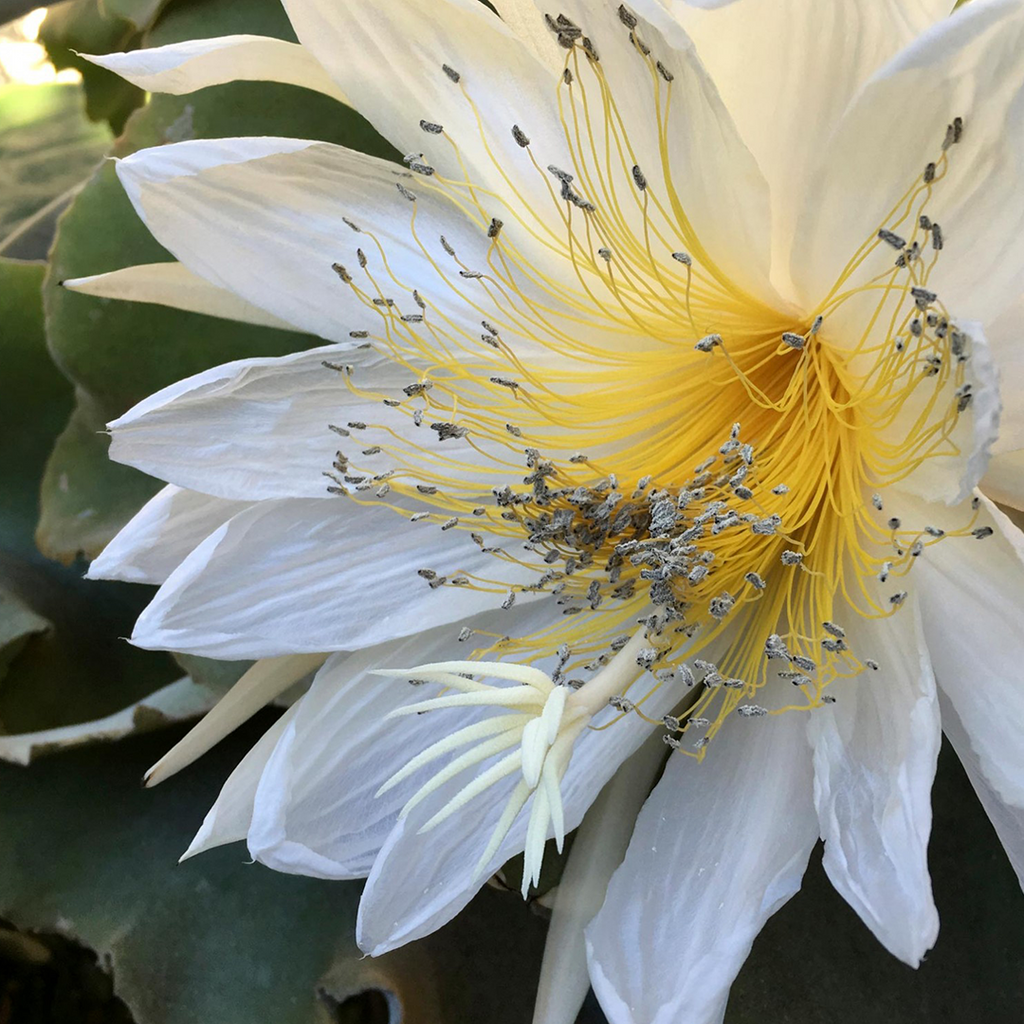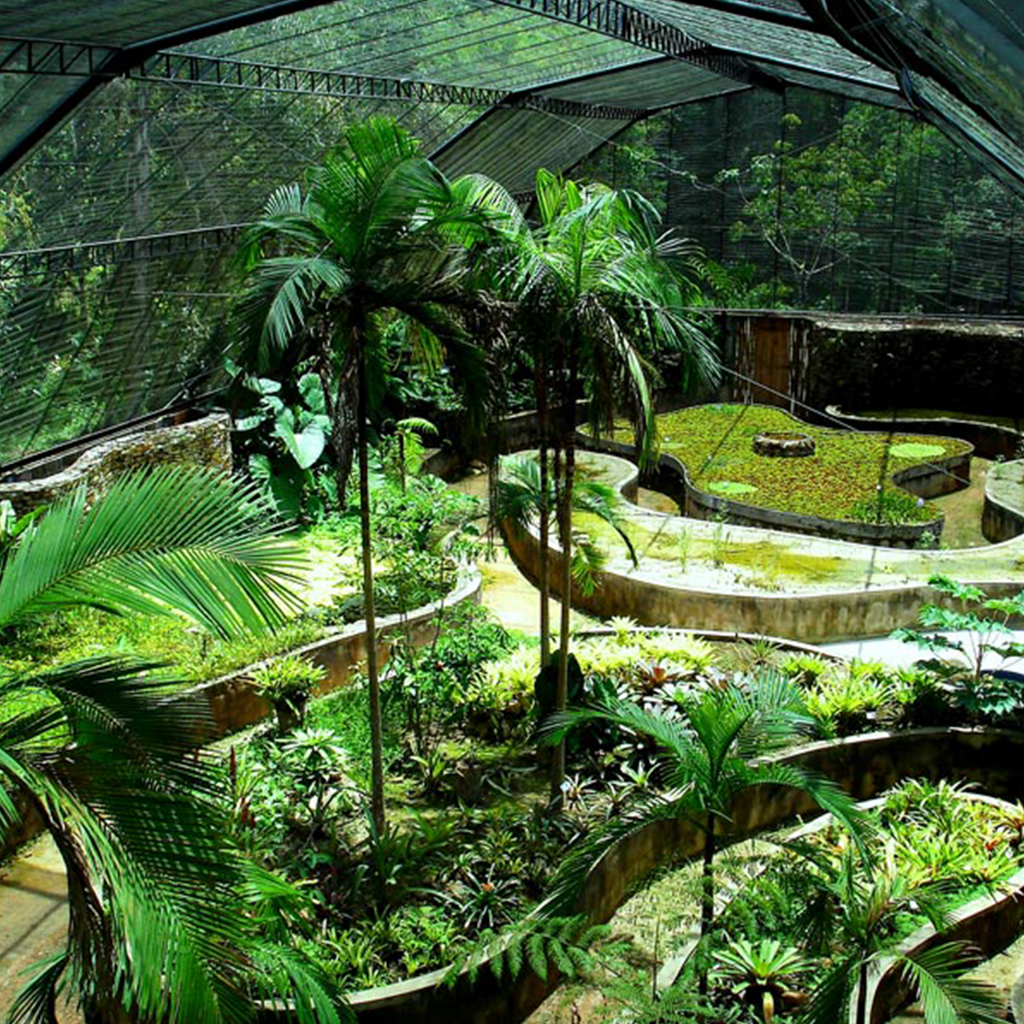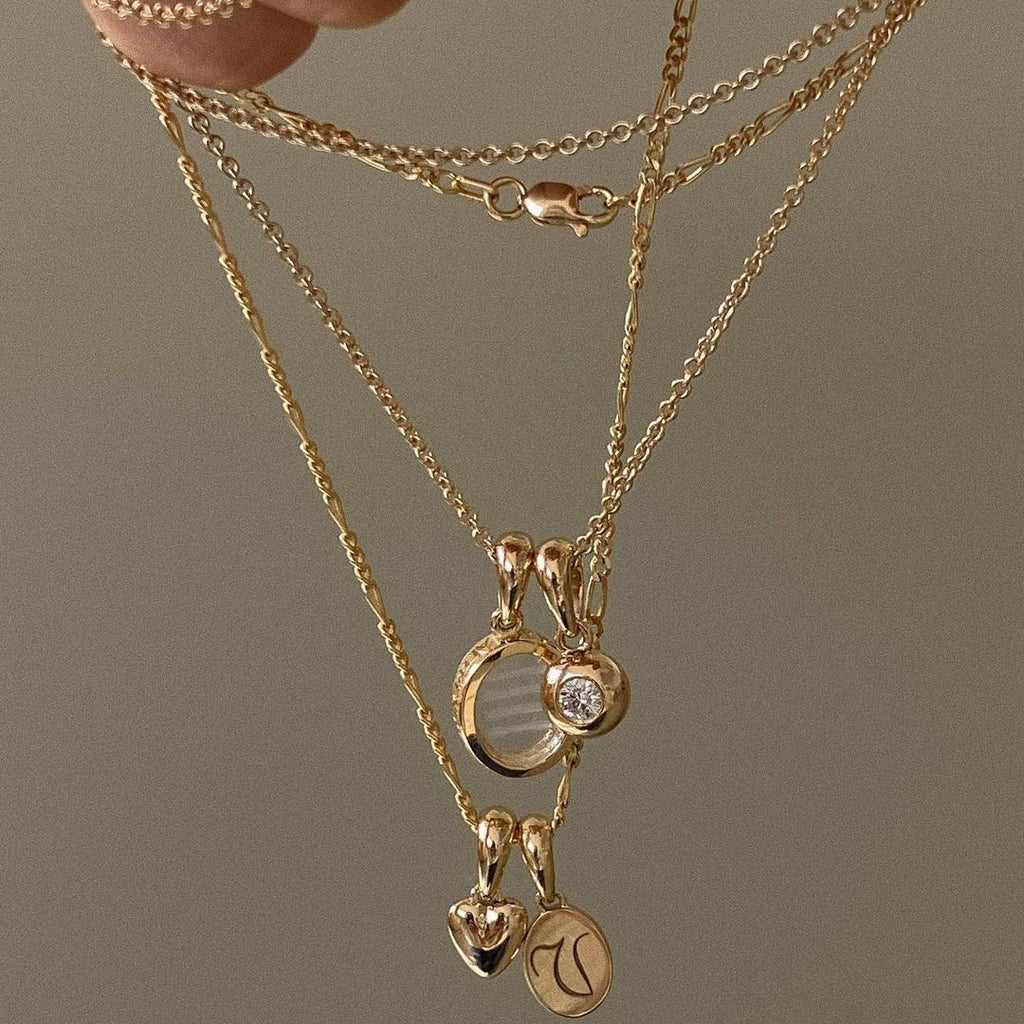Chasing Coral – The Emmy award winning documentary
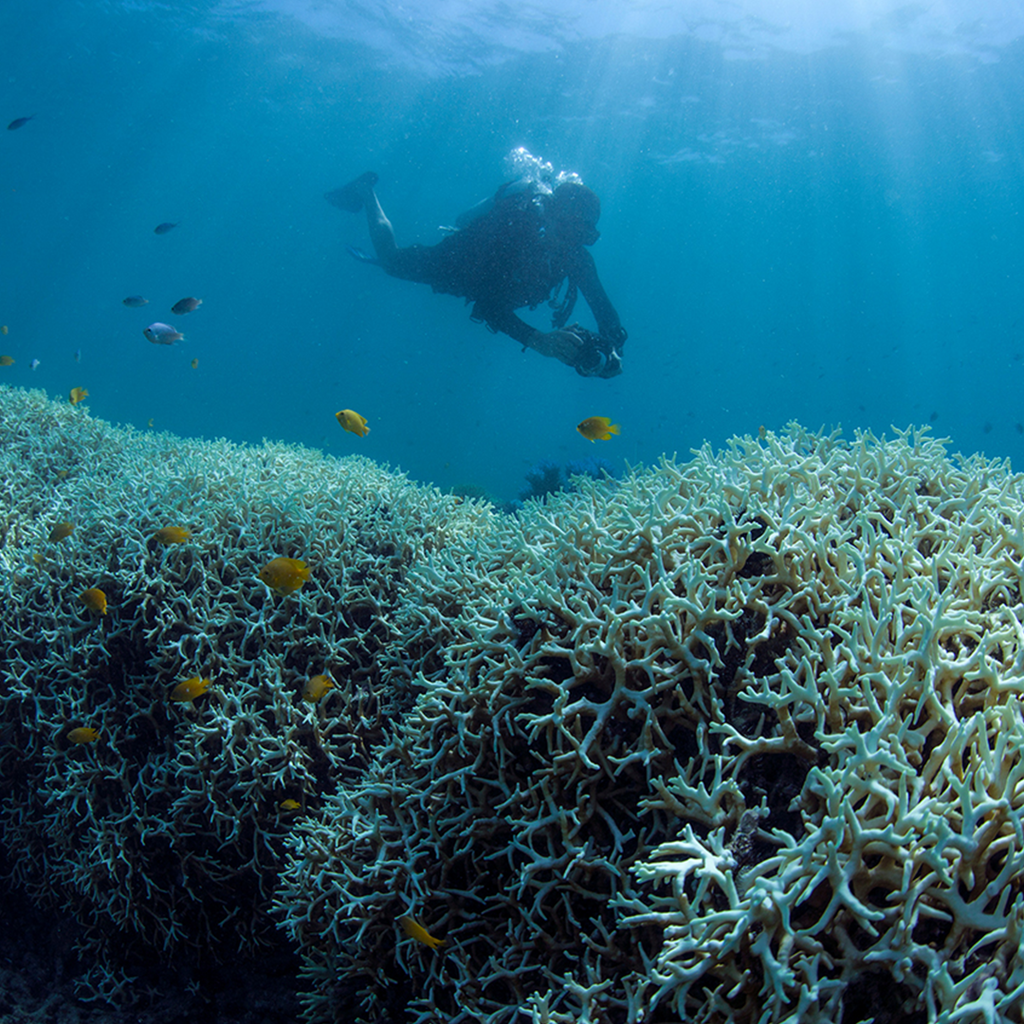
Meet Richard Vevers, the man behind the Netflix Original who's working to save our coral reefs.
Tell us about your connection with the oceans and how that interest began.
I was born in London, but was always drawn to the ocean. My parents were from a coastal town in the North of England and that was always my favorite place growing up. To me, the ocean was magical. I learned to dive when I was 16 and it's been my passion ever since.. Being underwater feels completely natural to me. For many years diving was only a hobby.
It was not until I had a life changing moment while working for an advertising agency, on a day with one too many heated advertising debates about how to sell a new product that no one really needed - from memory it was 4ply toilet tissue.
I realized I should be doing something that was far more meaningful with my communication skills. I set up The Ocean Agency and our first project was with Google to bring Street View underwater. Although I’d always enjoyed diving on coral reefs my love affair with corals began after a meeting with Professor Ove Hoegh-Guldberg. He helped turn our underwater Google Street View project into the world’s most comprehensive coral reef survey (in twenty-two countries taking over half a million virtual dive images).
For those of us who might not know, what is coral bleaching?
It’s a process by which corals lose their coloration and turn ghostly white. This happens when they are stressed, especially when exposed to warmer temperatures. They are expelling the brown algae that they normally grow within their body tissues as the higher temperature cause the algae to produce toxic compounds.

When did you decide to take action?
After a dive on the Great Barrier Reef where the sight of death was devastating, the corals were dying en mass and the smell of millions of rotting animals unbearable, Richard Vevers decided to take action. He is now the man behind 50 Reefs : a new initiative developed by The Ocean Agency in partnership with The University of Queensland to address the urgent crisis facing coral reefs. It’s a first-of-its kind global plan to save coral reefs from extinction caused by climate change, pollution and destructive fishing practices. The initiative brings together leading ocean, climate and marine scientists as well as conservation practitioners from around the world to create a list of 50 critical reefs to protect – the reefs that are least vulnerable to climate change that also have the greatest potential to reseed other reefs. The plan is then to launch a campaign to catalyze global action and investments to protect these reefs. It’s supported by a unique philanthropic coalition of innovators in business, technology and government, including Bloomberg Philanthropies, The Tiffany & Co. Foundationand The Paul G. Allen Family Foundation. Richard Vevers is the project founder and director.
"I have always been extremely conscious of the environment and living a green life, although my decision to live an entirely plant-based life only came to life about 15 years ago where my passion for yoga, wellness and animals took the lead. I've never enjoyed food as much as I do now and I've never felt so good. It's also nice to know that I'm not contributing to the destruction of the environment, to the growing healthcare crisis brought on by consumption of unhealthy and processed foods."

What are your thoughts on climate change?
I feel that our team has been on the front line of climate change with our work on coral reefs. The ocean is soaking up a staggering amount of energy, and when you see coral reefs dying because of this heat, there is no denying it is a major issue. The impacts happening there are far more advanced than most people realize. The oceans have absorbed 93% of the heat from climate change and are now significantly warmer than they were 50 years ago. The heat that is causing reefs to turn white represents the momentum of climate change - it will increasingly impact our weather, climate and rainfall for decades to come until a new equilibrium is reached.This hidden energy could also trigger runaway heating if the ocean’s methane deposits are released. This is why coral reefs are often referred to as “the canary in the coal mine."

What can individuals do to help?
There is so much that people can do in their daily lives - all actions that people often forget will also improve their lives. From eating more healthier with less meat, to saving money by reducing energy consumption, even making money by investing wisely in renewable energy companies. However, I also think communication is key – being well informed and spreading the word about the need for urgent climate action amongst your community, your city and the company you work for is critical – climate action can be driven by local action.
Finally, what makes you happy?
Being underwater. I had the opportunity to dive in a magical place, called Raja Ampat, late last year. The coral reefs were still in pristine condition even at the height of the Third Global Coral Bleaching Event – diving in a place like this gives me hope for the future and makes me very happy.

All images copyright The Ocean Agency, follow them on Instagram


